As with everything, in the story of these young indigenous entrepreneurs there are moments of joy, learning, indignation, and satisfaction, that they have been able to face and have allowed them to grow.
In this second edition of #storiesofindigenousyouth we tell you the B side of the Yaas entrepreneurship story, told this time by Euner Kajekui, an awajún student of international business and tourism who has played an important role in the growth of this venture.
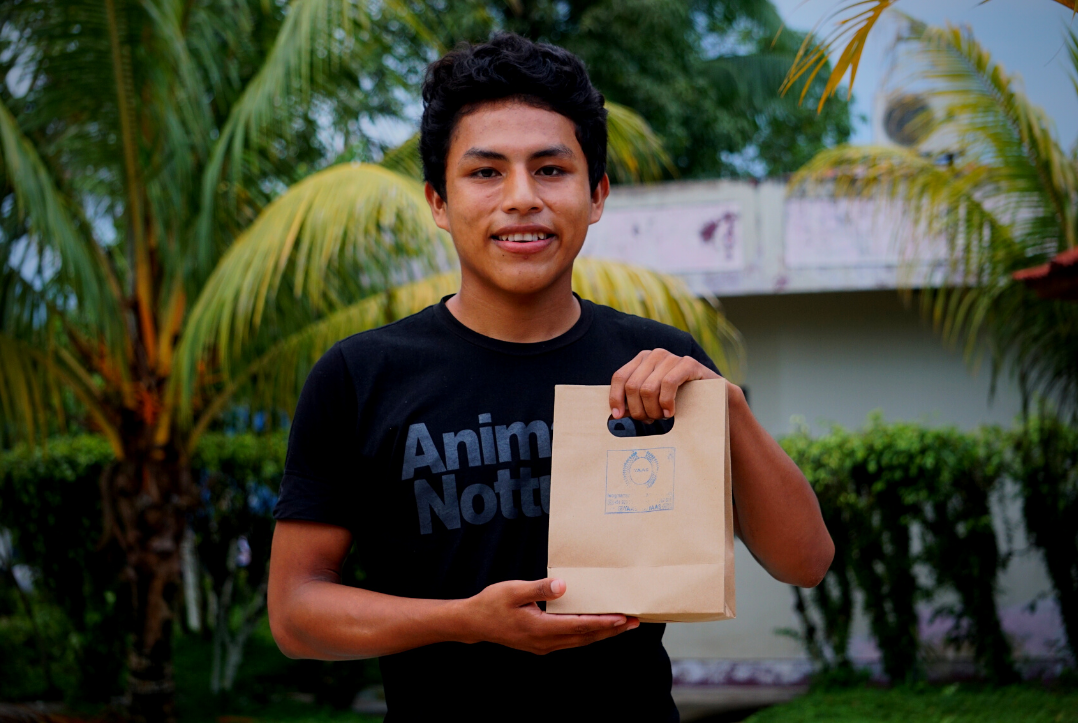
Euner joined the Yaas team when Felicino asked him for support so that his business could have a presence on social media, "Felicino once told me to help him create and publish the Yaas profile [...] From there I started getting together more with Feli. I left aside other friends I used to spend time with to work with him". So, he started taking pictures of the products, asking girls to model the crafts, and implementing a sales system through social media, just as Felicino needed. "I told him that sales should be handled through our social media profiles and that customers should visit them and write us to place orders, and he loved the idea". In addition to social media, Euner's work has been important to gather information about customers’ preferences related to their products. "We have made an analysis of what necklaces they like, and we have started to make more of those. Feli was making them, but he didn’t know how to prioritize what he was producing, so I told him that this necklace is what we sell the most and this is what we should make more of, and so we are improving".
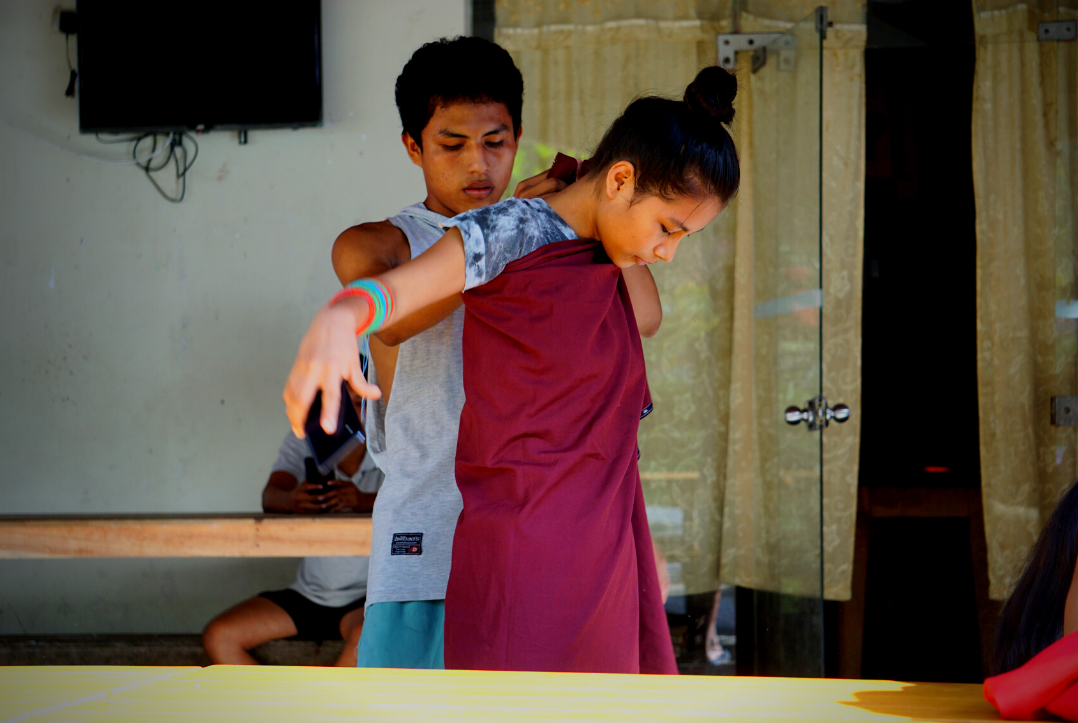
Over time, they began to attend fairs and other events to exhibit their products, which gave them visibility and has allowed them to be contacted by Ministries and other organizations that are attracted by their story. On one occasion, they were able to meet the Peruvian actress Mayela Lloclla. "She told me that she didn't think we were indigenous people. She was surprised when I spoke, and she invited us to meet her. We went to visit her, showed her our necklaces, and told her to help us advertise our crafts, and we have been able to get more followers", Euner tells.
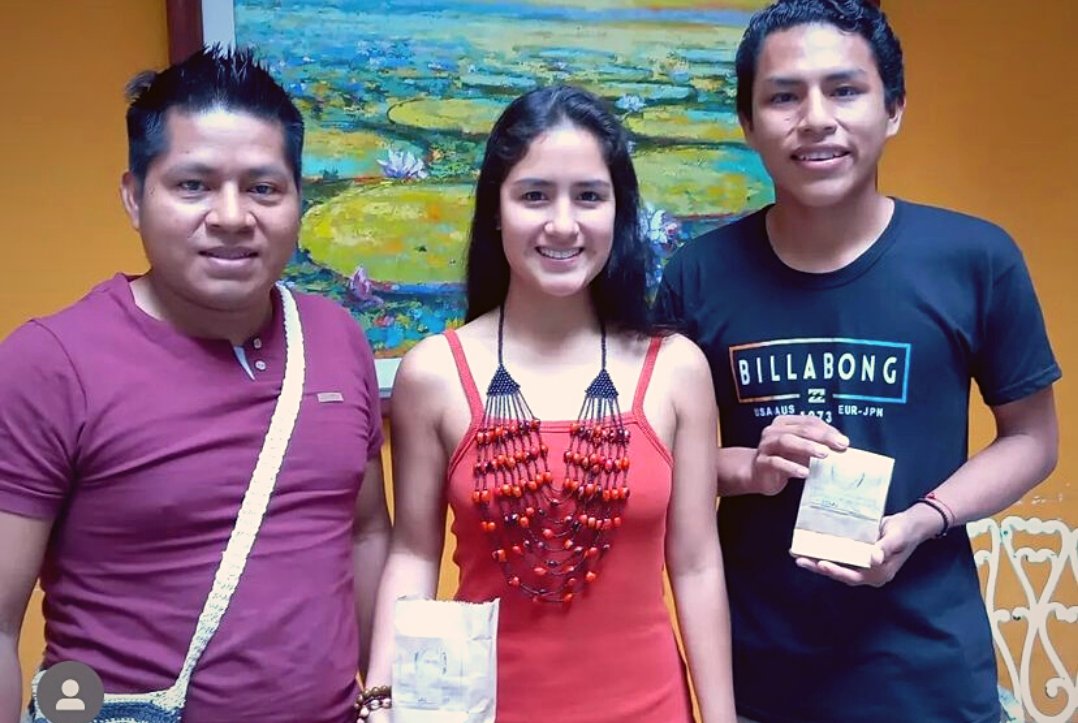
Currently, Yaas has a sales system that allows them to coordinate sales via WhatsApp, where they can be reached by clicking from their Instagram and Facebook profiles, receive payments in their bank accounts and deliver invoices. Likewise, they can be found in the National Registry of Artisans, and they have started to have savings in a bank account.
However, they have also experienced stereotypes or met people who don't value the work they do. "For example, one of our awajún fellows told us that this work was only for women. This stereotype makes us feel a little bit bad, but I think it is an art and Feli does it with a lot of dedication". Also, although it can take between 1 and 4 days to make one necklace, people are not always willing to pay what it is worth. "Imagine that some customers told us that it cost less, that somewhere else they were being sold at a lower price. [...] On some occasions I have been able to make the clients understand, but sometimes I just leave them because in the handicraft business they often do not value the effort that is put in." On occasions, they have witnessed how artisans sell their products at a low price due to pressure from clients. "Perhaps we indigenous people have not valued the effort we are putting in. I have come across customers who exploited the artisans; what we sell at S/.60 they wanted to lower to S/.20. That person who buys at S/20 will sell it in a store at S/.70 or S/.80. The other person earns more and is exploiting me".
On a personal level, being part of "Yaas" has also helped Euner to be more patient and overcome his fears, and he is committed to continue working.
"You have to have a lot of patience. I'm a bit desperate when my threads get tangled. Sometimes I would say to Felicino 'I can't do it anymore' and I would stop making necklaces and go to eat, but then I would see that he would do it and it would come out beautifully. He didn't get the threads tangled and, if he did, he untied them beautifully with a lot of patience. Then I started making bracelets".
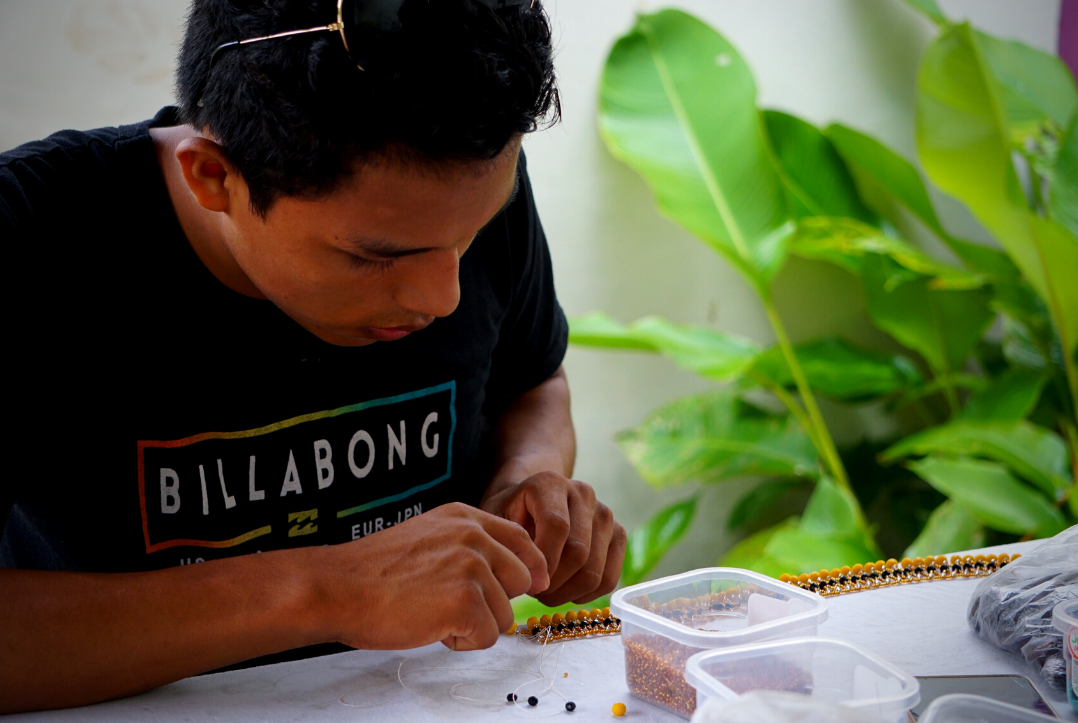
"I was first ashamed to be in front of the public. I was not ashamed to sell, but I had never expressed myself in this way before to offer a product and so I was afraid of making a mistake"
In the future, they plan to continue working to revitalize their culture. "Everything we are doing is to rescuing our culture, and value our customs and the designs and accessories of our Awajún mothers". They also hope that the growth of Yaas eventually reaches their communities. "We are organizing to travel to our communities on vacation to buy more natural seeds from our communities to make more crafts”.
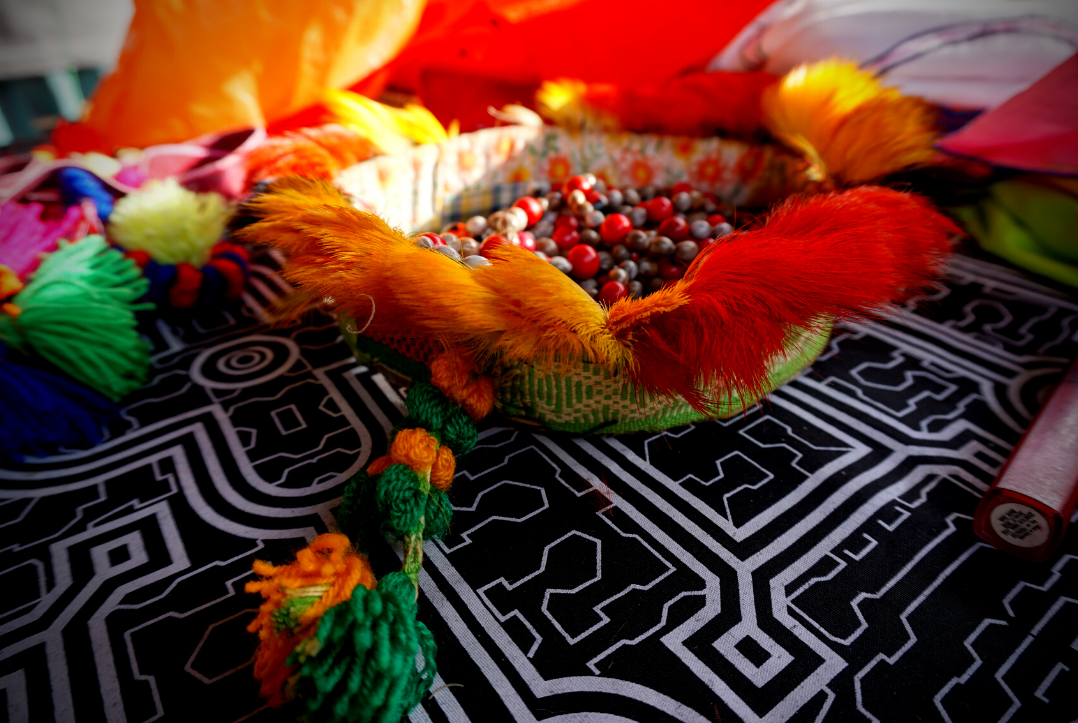
With a positive attitude, they face the difficult situations they have had to go through and are grateful to have met people that have helped them to improve. "I, honestly, do not give importance to the lousy and sexist comments. Rather, we have said with Feli that we are going to work more and sell more. I am very grateful for everything we are working on, for all the people who have collaborated with us, who have given us such nice and sincere words so that we can improve. Every advice, every recommendation that people give us, we consider it with much appreciation, and we put it into practice. We have been able to receive some praise, some words from our people, our parents, and we are projecting that in 5 years’ time Yaas will be a very well-known handicraft enterprise".
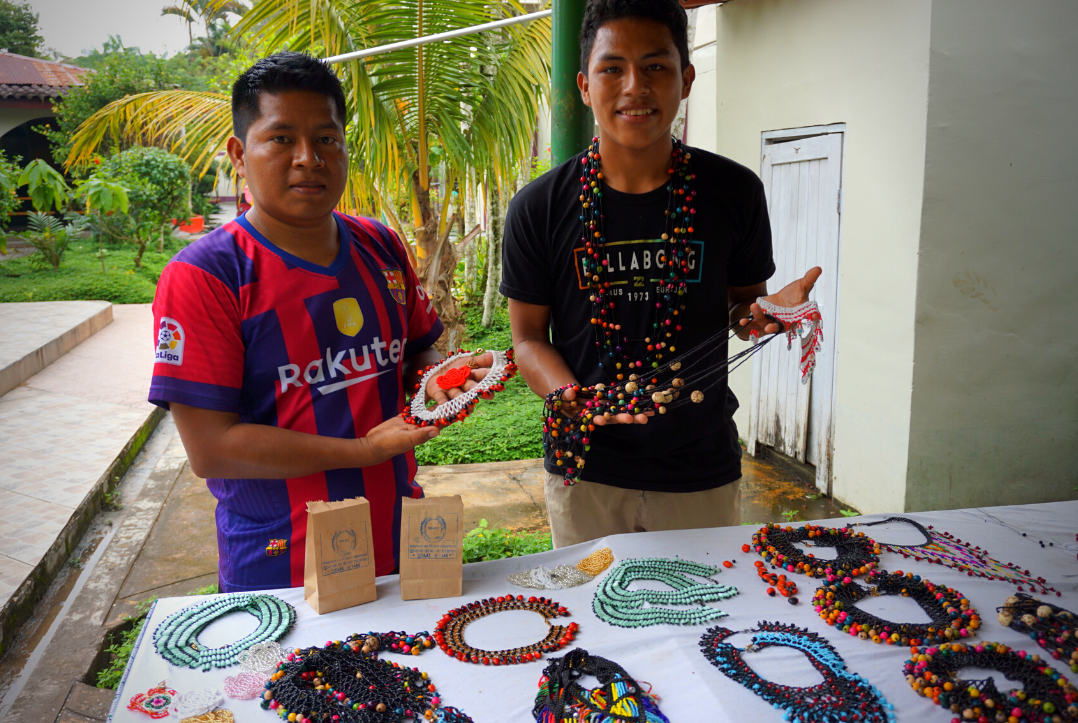
We believe in intercultural education as a means of creating an inclusive, diverse, and equitable society that honors and celebrates its constituent cultures and identities. Since 2014, we have been working in partnership with OEPIAP promoting interculturality in the educational system, providing support to improve access to higher education and sound basic living conditions for the indigenous students in the city of Iquitos.
We invite you to follow Yass on Facebook and Instagram to support this story of entrepreneurship.

